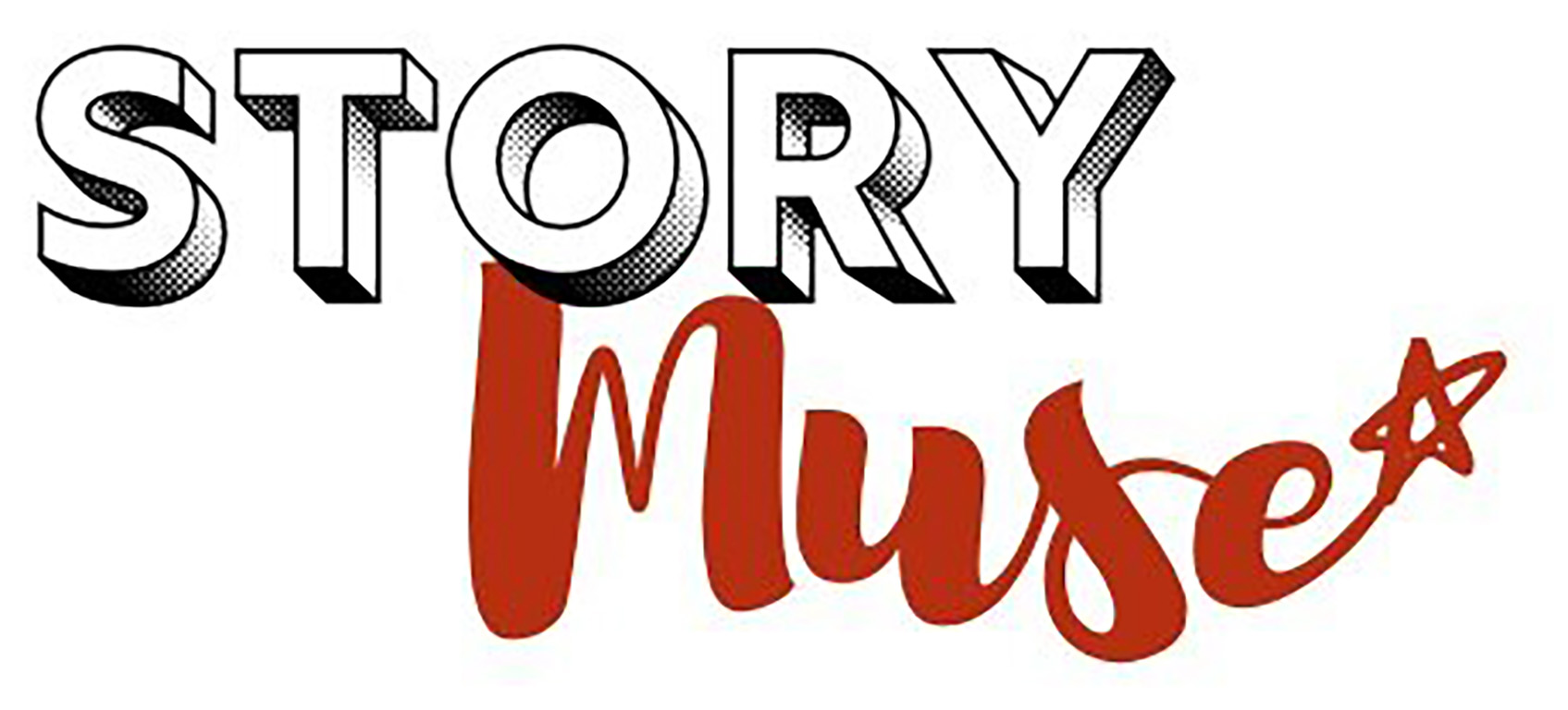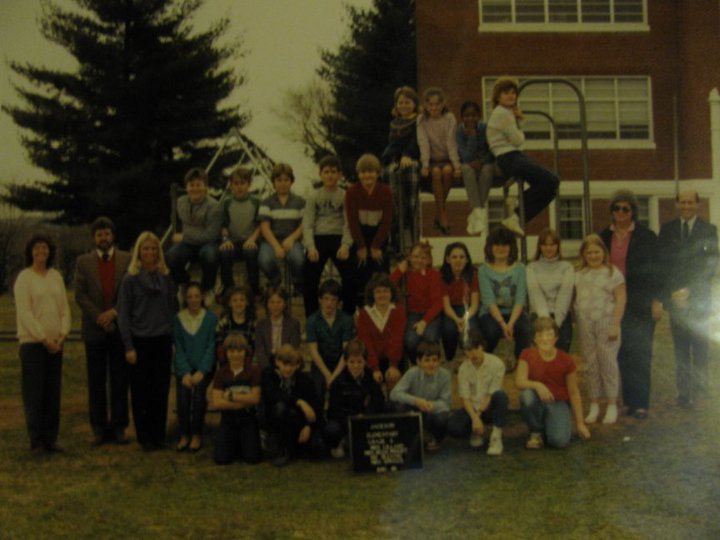When I was a little girl, we used to play this game at slumber parties called Light as a Feather, Stiff as a Board. One girl would lay down and pretend to be dead. The rest of us girls would sit around her body, one at the head. Sometimes “the body” would even rest her head in the lap of the lead girl.
As she massaged your temples, the lead would tell the story of your life. She would talk about the man you had married (it always happened to be the guy you currently had a crush on), how many children you had, the job you had (and were a huge success at!), the big adventures you’d gone on, and then whatever tragedy or inevitable conclusion had come to your life.
Then, all the girls would chant light as a feather, stiff as a board; light as a feather, stiff as a board over and over while they pretended the body had become so weightless that all the girls were able to lift her with just two fingers underneath. In fact, a nine-year-old is just not that heavy, and when you distribute the weight between six or seven others, it’s pretty easy math.

When I’m 97 years old, I will still vividly remember that feeling of lying on a sleeping bag atop a 1980s-era shag carpet, eyes closed, trying not to giggle, as someone massaged my temples and gave me the gift of my story. The hair on the back of my neck would begin to stand up and my skin would tingle with the feeling of being truly witnessed, not just by who I was in that moment, but in the projection of what my friends might want for me.
I never really appreciated back then that we were playing a storytelling game! Much less that it was a bit like the manifesting stories I do with people today.
Recently, I had the great pleasure to perform at an event called StoryCon, hosted at the Decatur Library by one of our community’s most indefatigable story champions, David Russell. The format, created by Second City, is called the Harold. Basically, a storyteller gets up and tells a true story from her own life (my stock-in-trade), then improv actors take that story and riff off it. They come up with ever-evolving sketches inspired by what they’ve just seen.
I had told a story about an arch nemesis from childhood, Meghan*. The improv actors created a convention of Meghans who were gathered to ruin the lives of women the world over. What would their strategies be today? My story was also about unrequited love (because 67% of my stories are); they portrayed that guy getting his true comeuppance.
Watching improv actors take my lived experience and turn it into various scenarios, my life fractured into surreal possibilities and alternative universes. It was not unlike playing Light as a Feather, Stiff as a Board. As I sat there, laughing so hard, the hair on the back of my neck began to stand up, my skin tingled. I knew it was for everyone else’s entertainment, but on the inside, I realized I was feeling accepted and heard in a whole new way.
Today, my wish for for you is that you know that feeling of being truly witnessed, in ways big and small. If not, send me a note and tell me a story. I’ll listen.
*Name changed to protect the arch nemeses of the world while they have their secret convention.


Shannon,
LOVED this post.
I always wonder about this “stroy of your life” thing. At one point my mother said to me “I’ve had a really lucky life.” She was 89 at the time, and still seem to have most of her marbles.
I wanted to point out to her that she was born to parents that did not love one another on the eve of the great depression, that her father was an alcoholic who drank himself to death. I wanted to remind her that she’s married my father, a man who’s sexual appetite deeply offended and injured her, and he cheated on her with multiple women. I wanted to remind her that she was forced from the job she loved running the town offices in our small town by a group of male selectmen who didn’t think a woman should be doing a job, and she moved to Michigan to have her daughter, my sister, care for her in her old age, only to have my sister, her daughter, die a horrific death from a hyper aggressive cancer.
I wanted to remind her that she married a second time for love, and that this man had died at 59 after being poisoned by the prisoners in the state prison where he worked.
All these things are true. They do not seem like the things that make up a lucky life to me.
What’s at play here for me is the difference between a nonfiction narrative that one shapes into a story, and a fictionalized version of something. When does one ignore the evidence so profoundly that one ends up creating a story that isn’t true?
And then the question is, what’s the harm in doing that? Are our stories purely utilitarian, constructed for the comfort they give us or the purpose they add to lives that sometimes feel lacking of meeting? Or is there a larger obligation to some narrative truth?
By the way, I didn’t say anything to my mother.
John
Sent from my iPhone, more than likely dictated. Please read generously.
>
John,
Thanks so much for your thoughts here.
I tend to err on the side of things that says the story we tell ourselves about the trajectory of our lives, whether it’s that we’ve been lucky or what have you, is the way to go, even if it’s more in the realm of “truthiness”, as Stephen Colbert would say, than factual truth. Because the narrative spin we put onto that arc does impact the energy we put out into the world and how we continue to make choices. A lot of my thinking in this vein was influenced by articles such as this one: https://ideas.ted.com/the-two-kinds-of-stories-we-tell-about-ourselves
At the end of the day, your mother’s interpretation of the facts of her life was what mattered. It’s what made the more interesting story to her. A more extreme example might be the ending of ‘Life of Pi’ if you’re familiar.
As always, thanks for following and participating.
Cheers,
Shannon
What a gift to have someone tell you your own story!